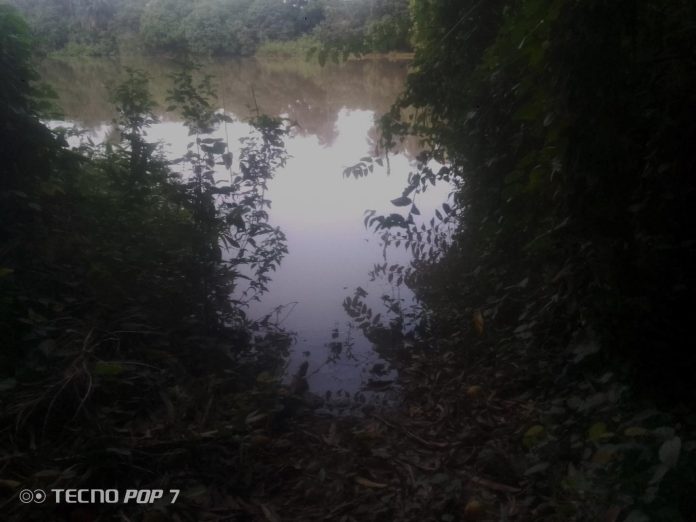
Biran Gaye
With the closure of the Tumani Fatty crossing point, accessing essential services has become a daily struggle for residents of Tabanani, Nema Taba, Faraba, and Kunku Fula villages along the banks of the Gambia River in the Lower Fulladu District.
A critical transportation link, the boat service that once connected them to the nearest health facility and job opportunities in Janjangbureh, has been out of commission for several years, leaving many feeling isolated.
The absence of the boat at the Tumani Fatty crossing point is particularly alarming as it affects a population that heavily relies on the service for their medical needs and employment prospects in Janjanbureh.
With no viable alternatives available, residents are left to navigate the challenging and long journeys to Fula Banta and Brikama Ba to access basic health care.
In communities such as Tabanani, Kunku Fula and Nema Taba, the challenges surrounding access to health care have dire consequences for expectant mothers. In many cases, women in labour are forced to rely on donkey carts for transportation to the nearest health centre, which is situated at a significant distance.
“My wife once gave birth during their journey to the health centre, which is very risky,” Alkalo of Tabanani Ba Kulay Ceesay recounts. “The same incident happened to another woman here the day before yesterday.”
The journey to the health centres can be arduous and time-consuming, leading to heightened anxiety among expectant mothers and their families.
Ceesay called for the provision of a boat to facilitate quick transport between Tabanani and Janjangbureh, which reduces the risks associated with childbirth in these vulnerable communities.
“The situation is dire,” said Turo Beyai, a mason in Tabanani. “Many people, especially the elderly and those with chronic illnesses, are struggling to get the regular care they need. We are very concerned about how this is affecting the health of our community.”
Local health facilities have reported an increase in missed appointments and delays in treatments.
Kunku Fula Alkalo Sulay Baldeh shared his experience: “We had to walk over five miles to reach the nearest clinic when my daughter fell ill. We simply cannot afford to lose the boat service.”
The implications of the transportation gap extend into the local economy as well. Many individuals who previously utilised the boat for daily commuting to work in Janjangbureh are now struggling to secure employment.
Beyai, a mason who used to get masonry contracts in Janjangbureh, is rendered jobless by the closure of the said crossing point, placing significant financial strain on his family, who depended on consistent income.
“I did a lot of masonry work in Janjabureh when the boat was operating, but I am sitting now at home doing nothing,” he lamented.
With the boat unavailable, employment opportunities dwindle as job seekers are unable to reach their places of work. This has placed additional financial strain on families, many of whom depend on daily wages to support their households.
“Most of our youth used to fetch grasses and sell them at Janjangbureh to make hut houses. All that has stopped,” the dejected young told Foroyaa.
Local authorities have been alerted to the situation, but residents express frustration over the slow response.
“We’ve heard promises, but we need action now,” emphasised Musa Fatty, the Alkalo of Nema Taba. “Our livelihoods and our health are at stake. If something isn’t done soon, we may face a humanitarian crisis.”
Residents are urging the government, particularly the council, to prioritise restoring the boat service or providing alternative transportation options to ensure that they can access health care and employment again. As the issue keeps dragging on for years, their plight serves as a stark reminder of the importance of reliable infrastructure in rural communities.
When contacted about the issue, the Janjangbureh Area Council emphasised that it had not received any complaints regarding the operation of the crossing point. However, the council pledged to address the situation. It added that they would engage with residents to find ways to manage the boat operations from both ends and committed to purchasing a boat equipped with an engine.
“We are working on it,” the council’s vice chair, Abdoulie Jallo,w told Foroyaa.
The situation requires urgent consideration, as the well-being and livelihoods of residents are at stake. Ensuring access to health care and employment opportunities is essential for fostering a resilient and healthy community.

















